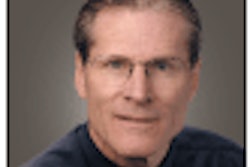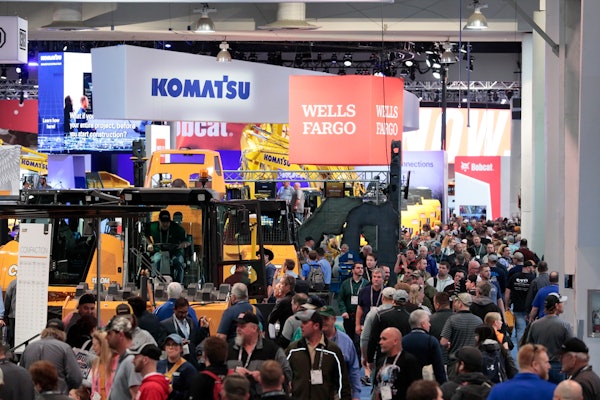Five Radical Concepts
 [email protected]
[email protected]From traffic gridlock to sunbathing, summer brings most of us some long hours in which contemplative thought is possible. If you have trouble thinking of something to ponder, here are five possibilities …
1. It’s time for the road industry to lobby thought leaders, not just politicians.
Both parties in Congress have demonstrated that when it comes to roads and bridges, they do not lead. Inaction is safer for them than dealing with insufficient funds because many of the thought leaders in today’s America are opposed to tax increases of any kind. An industry push to educate media thought leaders, especially conservatives, could help make it okay to raise the fuel tax, especially if the legislation includes provisions to reduce federal restrictions on how the money is invested (i.e., maintenance, new construction, roads, bridges).
One of the ironies of the stalemate on creating a new federal highway program is that the leading think tanks for all political persuasions agree on the inadequacy of current funding and the dire need for more investment.
2. Let’s make the initiative to improve vehicle fuel efficiency more interesting.
No matter how you feel about legislated fuel economy standards, the mandates are unimaginative and the debates about them are tedious. Let’s add a dimension to the program and set aside a modest sum to sponsor an Alternative 500 auto race in which the entries are sorted by size and limited to 5 or 10 gallons of commercial-grade fuel.
Such a race would be an interesting way to showcase emerging R&D, provide publicity for technological advances, and increase motorist interest in fuel-efficient vehicles.
3. City planners need to find and exploit cost-efficiencies for high-population- density communities.
It is an article of faith among environmentalists that cities are better for the environment than suburbs and exurbs, but there is no basis for this in any economic model. Everything from housing to garbage collection to transportation to education costs more in a big city than it does in the suburbs and exurbs.
4. What this country needs is a “Henry Clay Great Compromiser Award.”
Clay was the famous 19th century Kentucky Whig who won recognition as “The Great Compromiser” for his efforts to find middle ground in a federal legislature that became increasingly divided, especially over the slavery issue. Part of today’s severe political divide stems from the public perception that political compromise is a betrayal of the electorate, rather than an attempt to broaden consensus on any given legislation.
5. In this month when we celebrate our independence, we Americans need to quit stereotyping each other.
This is especially true with regard to “liberal” and “conservative” monikers. These labels are the inventions of political strategists and have everything to do with raising money and nothing to do with who we are and what we believe. The enduring miracle of America is that we are more than 300 million people representing every race, religion and ethnicity on the planet and we have found a way to live together and prosper for a couple of centuries. May our current generations keep the ball rolling!








